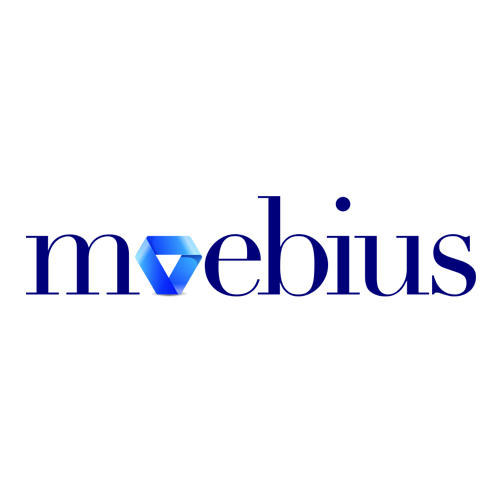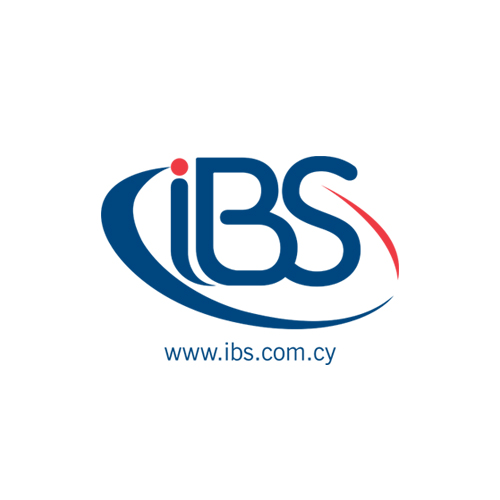Need help?
We’re only a click away.
With the increasing need to protect disparate IT system, meet complex compliance regulations and contractual obligations, protecting data using mechanisms such as encryption is becoming more and more essential. As a consequence, many organizations see their Hardware Security Module (HSM) become more pervasive, playing an increasingly important role in safeguarding sensitive key materials used to protect important data encryption, management applications and online transactions.
This is where DPoD comes in to step up your cybersecurity game.
Without the costly hassle of purchasing, deploying and maintaining your own hardware, Data Protection on Demand (DPoD) makes security simpler, more cost-effective and easier to manage.
Deploying the protection you need, provisioning services, adding security policies and getting usage reporting can be done in minutes, with the click of a button.
Easily integrate with your cloud, hybrid and IT services, secure your sensitive data in any environment (cloud, hybrid, or on-premises), meet compliance mandates, and centralize control of your encryption keys across all clouds.
DPoD gives you data security on your own terms in only minutes, with no need for upfront capital investment, a convenient pay-as-you-go pricing model.
Contact Us to learn more details about Data Protection on Demand.
We have been very fortunate to have worked with some brilliant businesses over the years and are truly grateful for our amazing clients.
Here’s what they have to say about their experience of working with us.

While praising the contribution of CL8, I wish to take the opportunity to also congratulate you for the wide range of services you are providing on the basis of...

CL8 is acknowledged as a leading ICT Service provider, distinguished -and globally recognized through prestigious awards- for its innovative, reliable ...

We have received nothing but exemplary service and excellent responsiveness from CL8. We are more than satisfied with their offering and customer support.

CloudLayer8 is one of the most professional organisations I have ever worked with. They were the key to improve and secure our network infrastructure...

Moebius Limited, software development and business consultancy provider, collaborates with CL8 for several years now...

We are working with CL8 for several years now, using their state-of-the-art data centre in Limassol for our private cloud applications. Their customer service...

CYPRUS AIRWAYS has turned to CL8 to deliver fast, reliable and cost effective Infrastructure, performance, availability and stability of our IT infrastructure...

Turned to CL8 to deliver fast, reliable and cost effective Infrastructure as a Service solutions...

We strongly recommend CL8 for high performance at reasonable prices...

Alone we can have done little; with cl8 we did (and will do) so much

The best cloud services provider is one that makes you forget they are there, and that has been our experience with CL8...

A big thank you to the CL8 team that helped us accomplish a smooth server relocation...

"Excellent and trusted partner"

We have been cooperating with CL8 for the last five years to host our clients' websites. They offer excellent quality services with specialized staff always ready...
Want to move to CL8?
Great choice.
We will make sure that the process is fast, straightforward and free of any hiccups.
Let’s get you started.
We’re happy to assist to make informed purchasing decisions that will, not only have an immediate impact but will also benefit your business in the long run.
CL8’s Email Security offering allows you to protect your email communications with enterprise-grade cybersecurity.
View moreAnalyze traffic, stop potential attacks, secure your digital assets and ensure uninterrupted business operations.
View moreSecure your website and gain trust and confidence from your visitors by using SSL Certificates by CL8.
View moreFind reliable and cost-effective Firewall solutions to protect, monitor and control your network's traffic flow.
View moreProtect your digital assets by predicting, preventing, detecting and removing cyber-threats and malware.
View moreProtect your company from a dreaded DDoS attack, with solutions offered by CL8.
View moreEncryption is a process that uses algorithms to encode data as ciphertext. This ciphertext can only be made meaningful again if the person or application accessing the data has the data encryption keys necessary to decode the ciphertext. So, if the data is stolen or accidentally shared, it is protected because it is indecipherable, thanks to data encryption.
Controlling and maintaining data encryption keys is an essential part of any data encryption strategy, because, with the encryption keys, a cybercriminal can return encrypted data to its original unencrypted state. An encryption key management system includes generation, exchange, storage, use, destruction and replacement of encryption keys.
As organizations deploy ever-increasing numbers of encryption solutions, they find themselves managing inconsistent policies, different levels of protection, and experience escalating costs. The best way through this maze is often to transition into a centralized key management model. In this key management case, and in contrast to the use of HSMs, the key management system performs only key management tasks, acting on behalf of other systems that perform cryptographic operations using those keys.
The benefits of a centralized key management system include:
Yes, you can.
Many major SaaS, PaaS and IaaS vendors offer the ability to import keys from your on-premises HSM into a key vault or cloud HSM, fully described in Domain 11 of CSA Security Guidance for Critical Areas of Focus in Cloud Computing v4.0. The level of integration varies depending on cloud vendors and whether or not you opt for on-premises or cloud HSMs. You may need to manually perform the import, but you are provided up to FIPS 140-2 Level 3 security. From there the cloud provider derives keys from the master key you imported to encrypt data contained in various services (e.g., object, volume, database).
We’re only a click away.